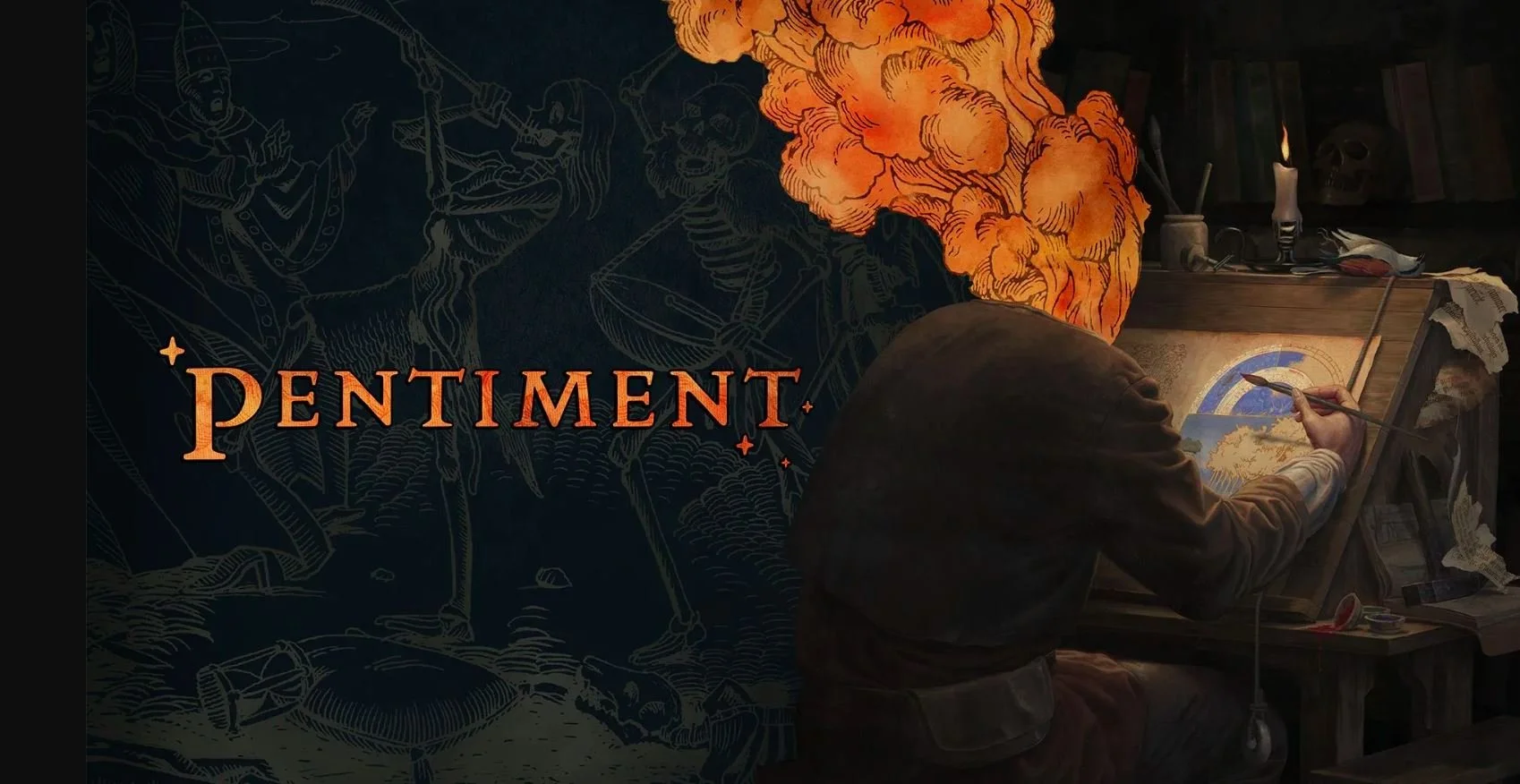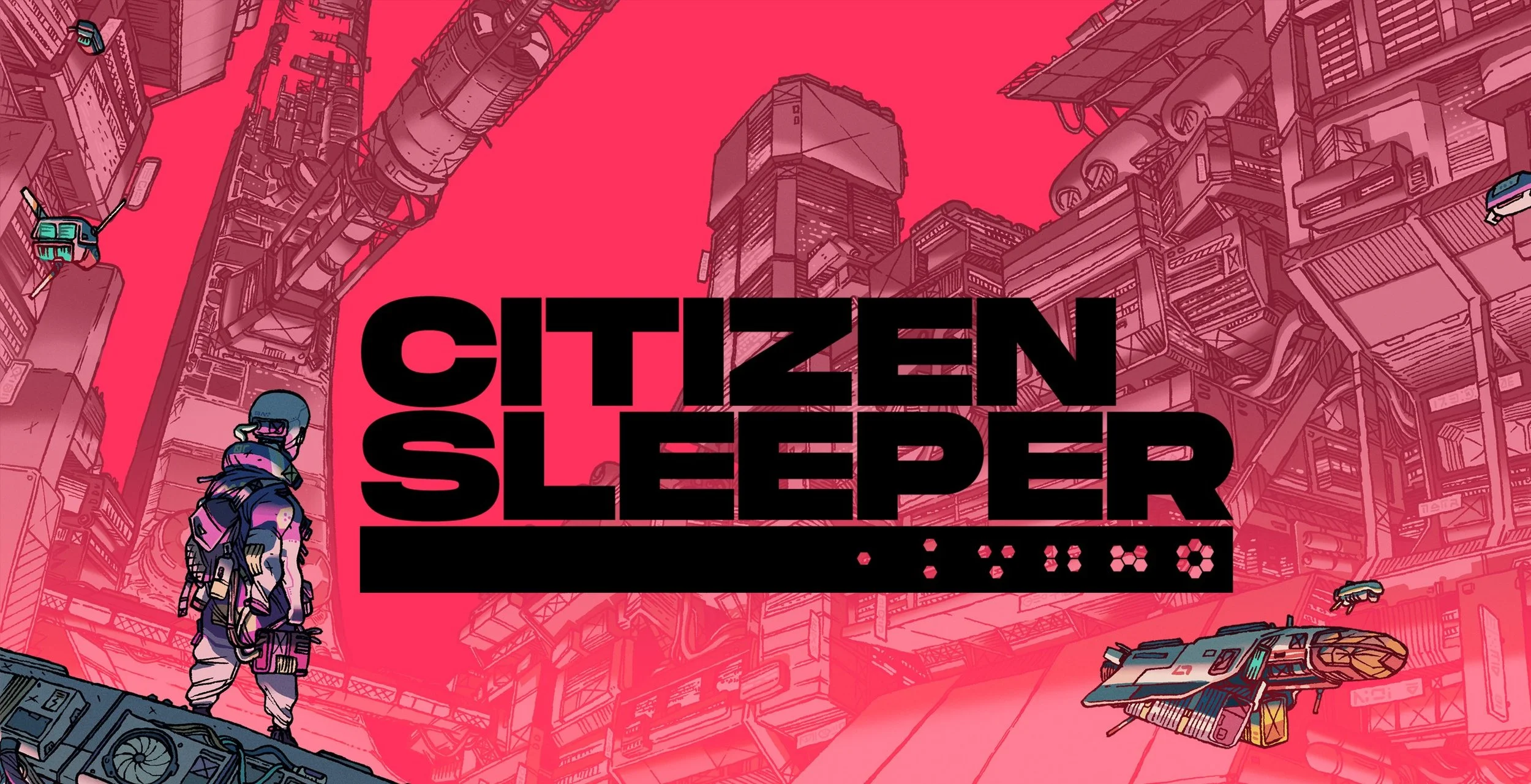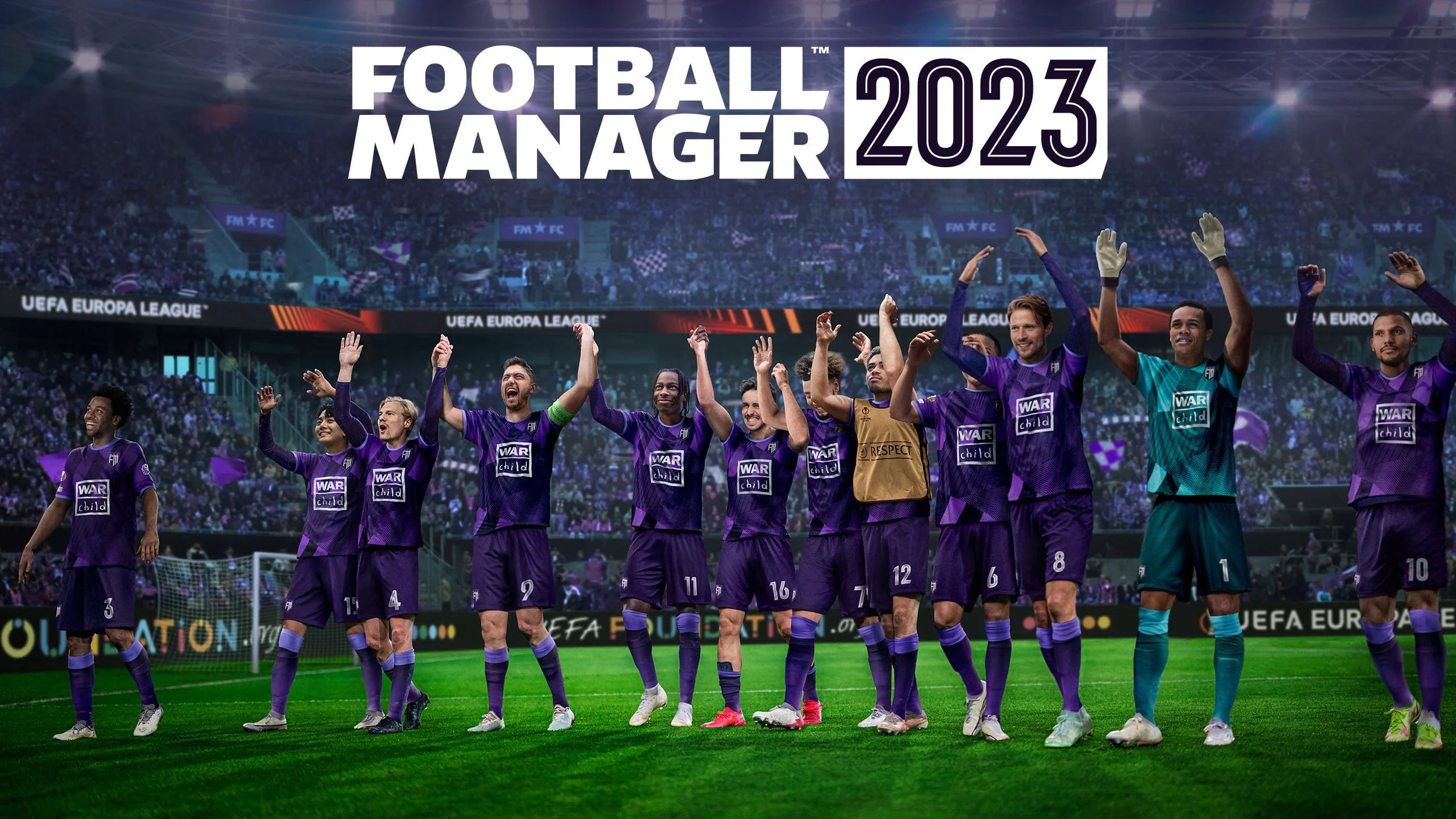Ty Galiz-Rowe's Games Of 2022 | Winter Spectacular 2022
The longer I've been in games media (over five years now if you start from my indie blogging days), the more my taste has seemed to evolve. I doubt I'm necessarily unique in that sense, but it's been interesting to look back at what used to draw my attention versus what does now. If you had asked me about playing roguelike deckbuilders back in my early blogging days, I probably would have laughed in your face and gone back to whatever little gay visual novel I was playing. But now they're among my favourite genres, though I haven't dropped my love of VNs either.
I guess all this is to say that while I've always loved the narrative aspect of video games the most, but the way I love it has changed pretty significantly. Before, as long as a game had a compelling story to it, I was pretty much happy regardless of how it was told. But as I've gained more experience, I've come to really love the way games are able to marry their mechanics with their storytelling. This is where I feel video games really come into their own as an art form, and it's so exciting to see more and more games coming out that are willing to try new ways of telling stories through the marriage of narrative and mechanics.
2022 was a particularly good year for games that played with mechanics and storytelling. Some of them I have yet to finish in their entirety (sorry, Immortality), but others that I have gotten around to are definitely the stars of the year for me.
Beacon Pines
Awwwww, how cute… For now.
I knew I would be into this game from the moment I saw it. After all, it's marketed as being both "cute" and "creepy," two of my favourite adjectives for just about anything. But I wasn't prepared for the narrative experience that was in store for me. I'll say that Beacon Pines' story isn't anything wildly innovative or transgressive, but it's heartwarming and real while being situated in a town and plot not unlike Twin Peaks.
By getting to interact with the story's narrator directly and changing something as simple as one word, players are able to create their own version of Luka's story, even if it ultimately has a common ending everyone will reach. I loved the idea of a choose-your-own-adventure novel that has really come to life, one that you as the player get to help guide.
Card Shark
I say, what a devilish game to play on Switch.
The main character in Card Shark never speaks. They physically can't, as they were born both deaf and mute. But that doesn't stop him from being a fully fleshed-out character with his own desires and conflicts. The game accomplishes this through its excellent writing, but more importantly through its card and cheating mechanics.
Card Shark's main character is able to become a con man so easily because the people around him underestimate his intelligence and abilities thanks to his disabilities. He may not be able to speak, but he is able to fully express himself through his tricks and other non-verbal communication with his mentor. This leads to extremely interesting ways of developing him as a character, as his skill at cheating, and communicating his desires is directly proportional to your own and how well you can execute the necessary tricks. How the protagonist moves through the world directly correlates to how he's able to use his craft, which is, of course, directly related to how you play.
Pentiment
Art has layers, like Andreas’ work… and onions.
Pentiment is wonderful because it has so much more depth than what you'd expect from the pitch alone. Yes, it's a mystery set in a medieval town, but it's also a rumination on faith, on stewardship, on artistry, on fulfilment, on grief, on the passage of time, and on avoiding your own bullshit.
This depth is created by the game's three-act structure, which beautifully demonstrates the flow of time and the way that impacts everyone. Many of the people you knew at the start of the game who were important are in completely different places or gone upon your return. There is no plot armour to be found in Pentiment; the stories of those around you touch yours, but aren't inherently tied to it and can end or change without ceremony.
Beyond that, the framing of the game as a medieval manuscript with footnotes allows and all, not only severs as some pretty great thematic messaging but allows players to buy into the world more by being able to easily look up historical facts or words they aren't familiar without leaving the game itself. You may not understand every religious term or city name, but you don't have to get a grip on what the world was like at this time.
Citizen Sleeper
Wake up Sleeper, we got a city to [not] burn.
Citizen Sleeper is the most tabletop video game I've ever played, and I know that's obviously by design. But the thing about it being a video game that takes it over the edge is the visual aspect that accompanies it. When you play a TTRPG campaign, obviously the game master describes the world and its denizens to you, but in Citizen Sleeper, you actually get to see the place you live in and can move around it. The visualization of the various clocks that are always counting down events in your life make them feel more real. You not only know that other people and factions are moving around in the background regardless of your actions, you can also see it.
Having the option to choose which dice you use out of your hand also helps the game feel more true to life, where things are based on a mix of luck and what you have, rather than solely relying on a roll of the dice.
Football Manager 23
More teams should wear purple.
My taste for management sims has been growing ever-larger in the past few years and combined with my new love of sports, I'd been feeling a real itch for a good sports management sim. While Soccer Story and Sports Story also came out this year, they weren't what I wanted because they're trying too hard to make sports palatable to those who aren't usually into them. I don't want a magic soccer ball, I want a real one. That's where Football Manager 23 comes in.
I had been hesitant to give this game a try because I wasn't sure how in-depth on the team/human side it would go. I'm interested in sports narratives more for the background and training journey than the matches themselves, so I was concerned that this game would mostly be focused on the pitch. But that's not true at all. Football Manager 23 is an exceptional role-playing experience, allowing players to fully take on the role of the head coach of whichever club they choose. You can have interpersonal interactions with your players, other members of the club staff, and even the journalists who cover your games. There are expectations from players and the board that have to be considered and met, even if they don't fit with your own game plan, providing plenty of narrative tension as you go. Nothing else this year has been as exciting for me as watching my version of the Los Angeles Football Club rise to the top of the MLS Western Conference this year.
Ty (he/him) is a writer, editor, and pop punk muppet. You can find him on Uppercut, Gayming Magazine, and what’s left of Twitter @owoathkeeper











